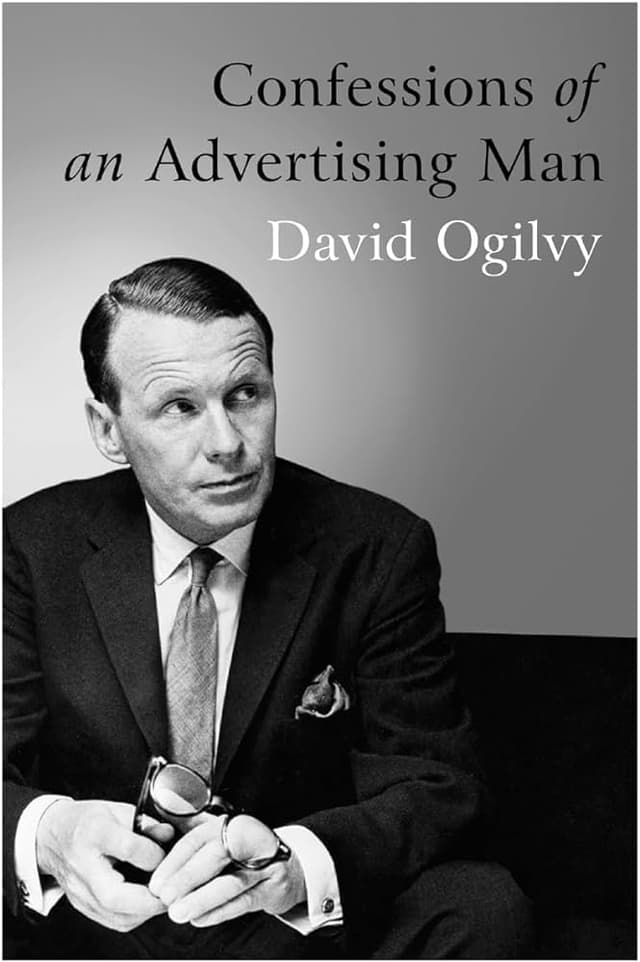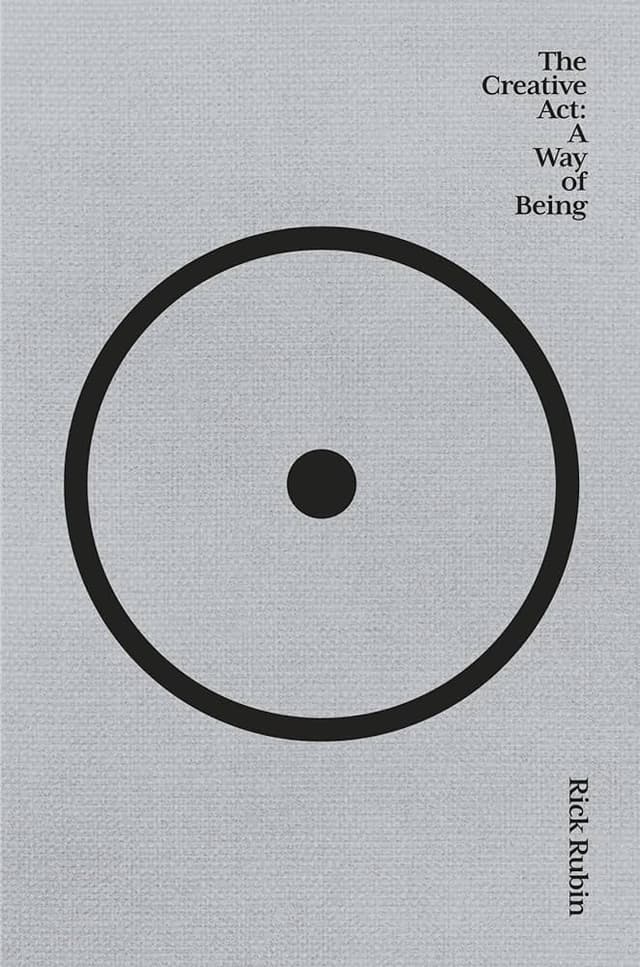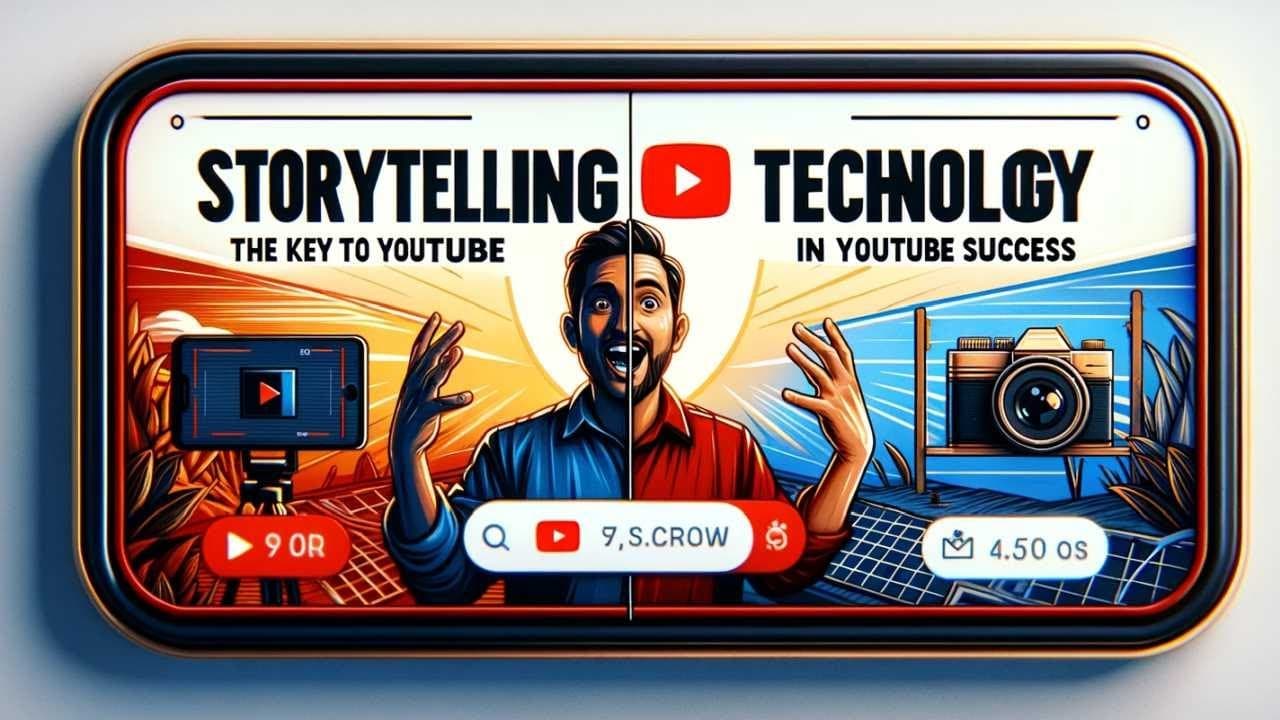The Creative Act vs. Confessions of an Advertising Man
The Creative Act
“I set out to write a book about what to do to make a great work of art. Instead, it revealed itself to be a book on how to be.” —Rick Rubin
Confessions of an Advertising Man
David Ogilvy was considered the "father of advertising" and a creative genius by many of the biggest global brands. First published in 1963, this seminal book revolutionized the world of advertising and became a bible for the 1960s ad generation. It also became an international bestseller, translated into 14 languages. Fizzing with Ogilvy's pioneering ideas and inspirational philosophy, it covers not only advertising, but also people management, corporate ethics, and office politics, and forms an essential blueprint for good practice in business.

Reviews
Reviews
| Item | Votes | Upvote |
|---|---|---|
| No pros yet, would you like to add one? | ||
| Item | Votes | Upvote |
|---|---|---|
| No cons yet, would you like to add one? | ||
| Item | Votes | Upvote |
|---|---|---|
| Advertising Bible | 1 |
| Item | Votes | Upvote |
|---|---|---|
| No cons yet, would you like to add one? | ||
Frequently Asked Questions
'The Creative Act' by Rick Rubin focuses on the broader aspects of creativity and how to be a creative individual. It is more about the philosophy of being creative rather than specific techniques. On the other hand, 'Confessions of an Advertising Man' by David Ogilvy is a seminal work on advertising that provides practical insights into the industry, including creative processes within that field. If you are looking for a general exploration of creativity, 'The Creative Act' may be more suitable. However, if you are interested in creativity specifically within the realm of advertising, 'Confessions of an Advertising Man' would be the better choice.
'Confessions of an Advertising Man' by David Ogilvy is known for providing practical advice on business practices, including people management, corporate ethics, and office politics. It serves as a blueprint for good practice in business, especially in the advertising industry. 'The Creative Act' by Rick Rubin, on the other hand, is more focused on the philosophical aspects of creativity and how to nurture it. Therefore, for practical business advice, 'Confessions of an Advertising Man' is the more appropriate choice.
'The Creative Act' by Rick Rubin is a book that explores the essence of creativity and being. Initially intended to be a guide on how to create great works of art, it evolved into a broader examination of how to live a creative life. The book delves into the philosophical aspects of creativity, providing insights and reflections on how to harness one's inner creative potential.
Rick Rubin is a renowned music producer and co-founder of Def Jam Recordings. He has worked with a wide array of artists across various genres, including Johnny Cash, Beastie Boys, and Red Hot Chili Peppers. Known for his minimalist production style and profound influence on the music industry, Rubin has also ventured into writing, with 'The Creative Act' being one of his notable works.
'The Creative Act' touches on several key themes, including the nature of creativity, the importance of mindfulness, and the process of artistic expression. Rick Rubin emphasizes the significance of being present and open to inspiration, as well as the value of persistence and authenticity in the creative journey.
As of now, there are no user-generated pros and cons for 'The Creative Act'. However, readers may appreciate its deep philosophical insights and practical advice on creativity. Some may find its abstract nature challenging, depending on their expectations and familiarity with Rubin's style.
'Confessions of an Advertising Man' is a seminal book written by David Ogilvy, widely regarded as the 'father of advertising.' First published in 1963, the book revolutionized the advertising world and became a bible for the 1960s ad generation. It covers a wide range of topics including advertising, people management, corporate ethics, and office politics, and serves as an essential blueprint for good practice in business.
The pros of 'Confessions of an Advertising Man' include its status as an 'Advertising Bible,' offering pioneering ideas and an inspirational philosophy that has influenced many in the advertising industry. No cons have been listed by users so far.
David Ogilvy is considered the 'father of advertising' and a creative genius by many of the biggest global brands. He revolutionized the advertising industry with his pioneering ideas and inspirational philosophy, which he detailed in his seminal book, 'Confessions of an Advertising Man.'




















